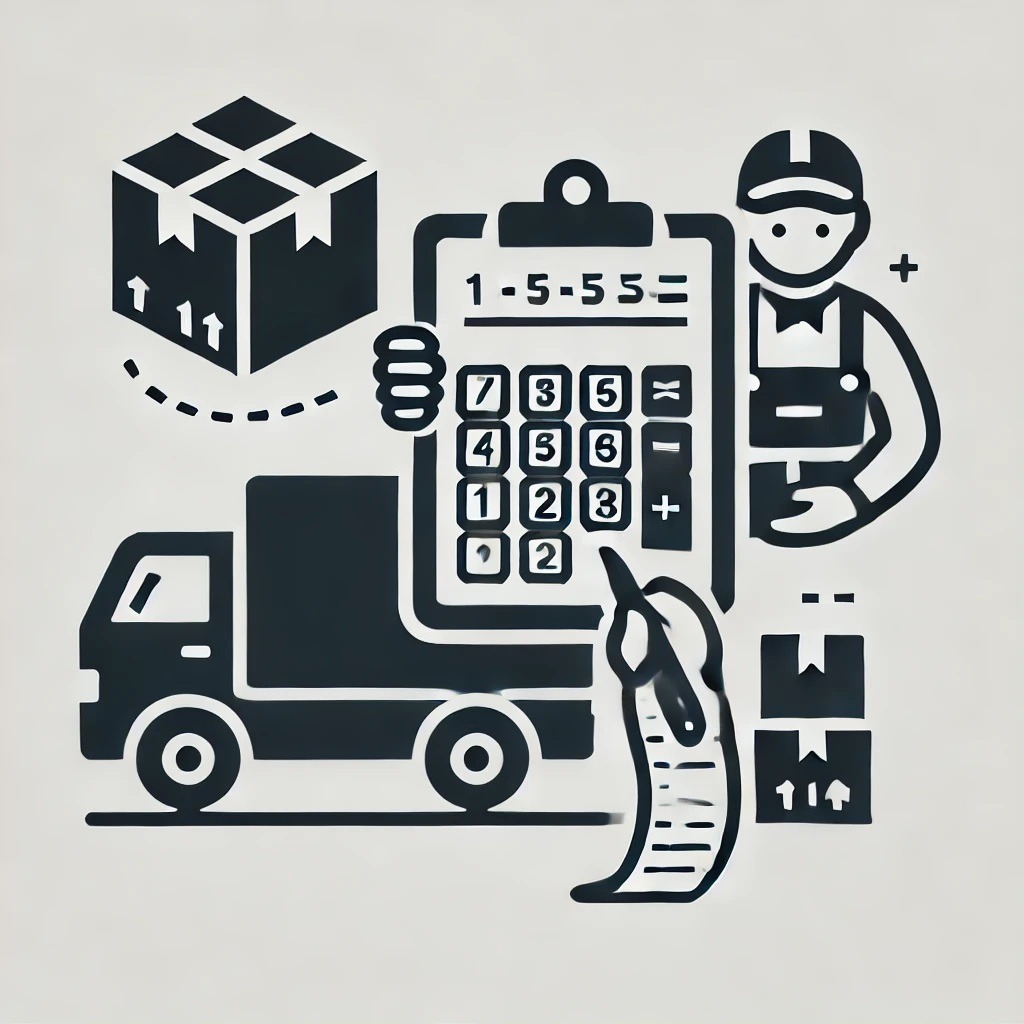Understanding Moving Costs
Fixed vs. Variable Costs:
Fixed Costs:- These remain constant regardless of your specific move, including:
1. Packing materials:- Boxes, bubble wrap, tape, and other supplies.
2. Insurance:- Protection for your items while you relocate.
3. Permits:- Fees for parking permits or tolls.
Variable Costs:- These depend on factors like distance, volume of items, and services chosen:
1. Labor:- Charges for professional movers to pack, load, and unload.
2. Transportation:- Truck rental services or hiring a moving company.
3. Storage:- Fees for temporary storage if needed.
4. Additional services:- Costs for disassembling furniture or moving specialty items.
Creating a Moving Budget
Assess Your Financial Situation:- Before planning your move, evaluate your financial health. Consider your savings, monthly expenses, and potential income sources. This assessment will help you allocate a realistic budget for your move without straining your finances.
Research Average Moving Costs:- Investigate the average packing and moving cost in your area. Obtain quotes from multiple moving companies and gather insights from friends or online forums. This research will provide a baseline for your budget.
Identify Major Expenses:- Make a comprehensive list of all potential expenses:
1. Packing Materials:- Estimate costs based on the volume and type of items.
2. Transportation:- Include rental fees, fuel costs, and any additional charges.
3. Insurance:- Determine the cost of insuring your belongings during the move.
4. Temporary Accommodations:- If needed, factor in hotel or housing costs during the transition.
Estimating Costs for Professional Movers
Calculate Labor Costs:- For professional moves, estimate labor costs by multiplying the hourly rate by the number of movers and hours required. Don’t forget to add any travel fees or charges for additional services.
Weight and Distance:- For long-distance moves, calculate the truck transportation cost per km based on the weight of your belongings and the distance to your new home. This approach helps in accurately estimating your moving expenses.
Using Cost Calculators
Many moving companies provide online cost calculators. These tools can give you a quick estimate based on your specific needs, such as the number of items, distance, and additional services required. This feature can save you time and help you plan your budget effectively.
Tips to Save on Moving Costs
1. Compare Quotes:- Obtain quotes from at least three different moving companies to find the best deal.
2. Declutter:- Reduce the volume of items to move by selling or donating things you no longer need. That can significantly reduce your expenses when moving.
3. Plan Ahead:- Schedule your move during off-peak times to avoid higher rates associated with busy seasons.
4. Negotiate:- Don’t hesitate to negotiate with moving companies for better rates or discounts.
5. Explore Tax Deductions:- If your move is job-related, check if any moving expenses are tax-deductible, which can alleviate some financial burden.
By following these tips and being thorough in your planning, you can effectively calculate and manage the expenses associated with hiring moving and packing services, ensuring a smoother transition to your new home.

